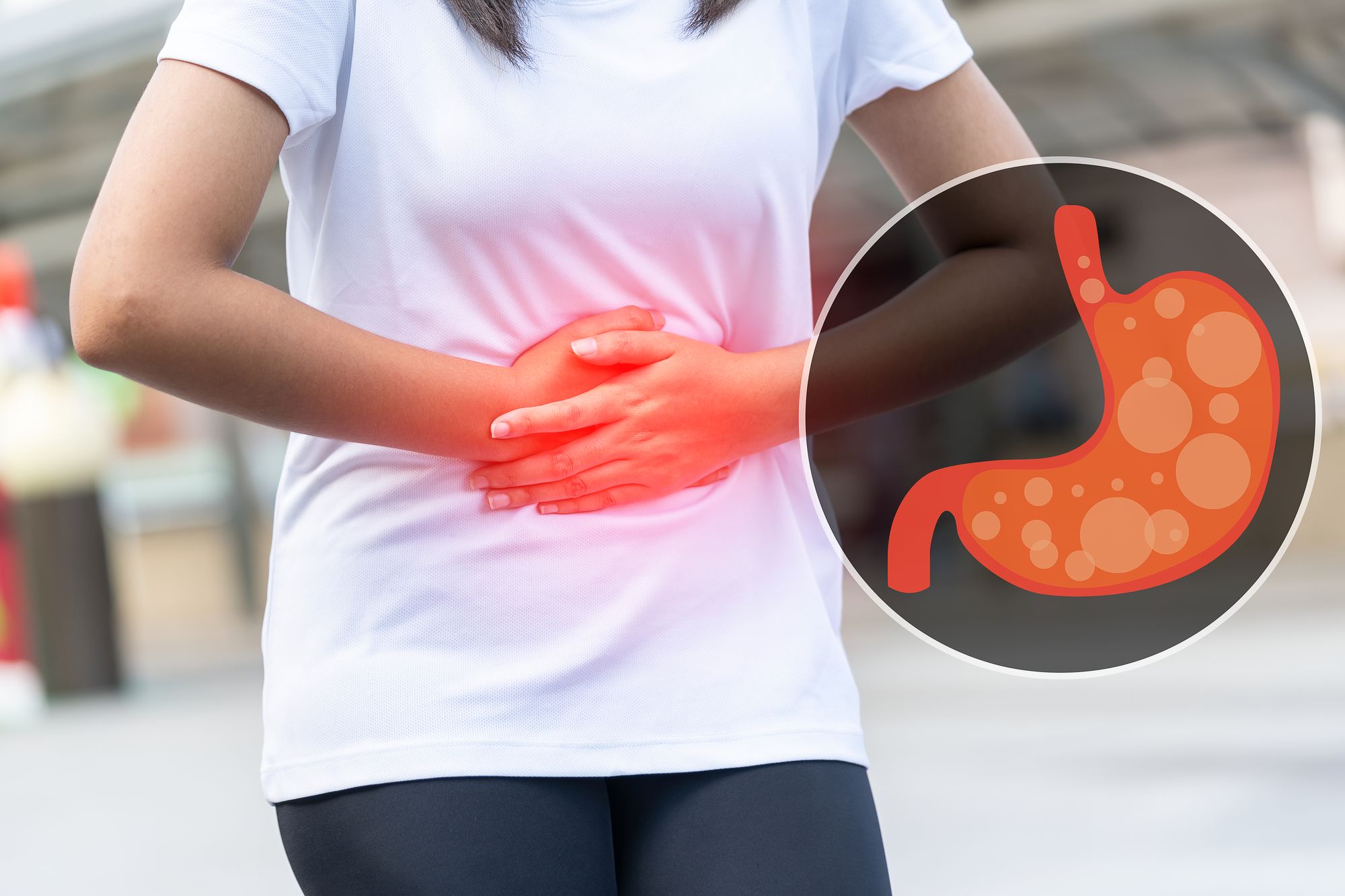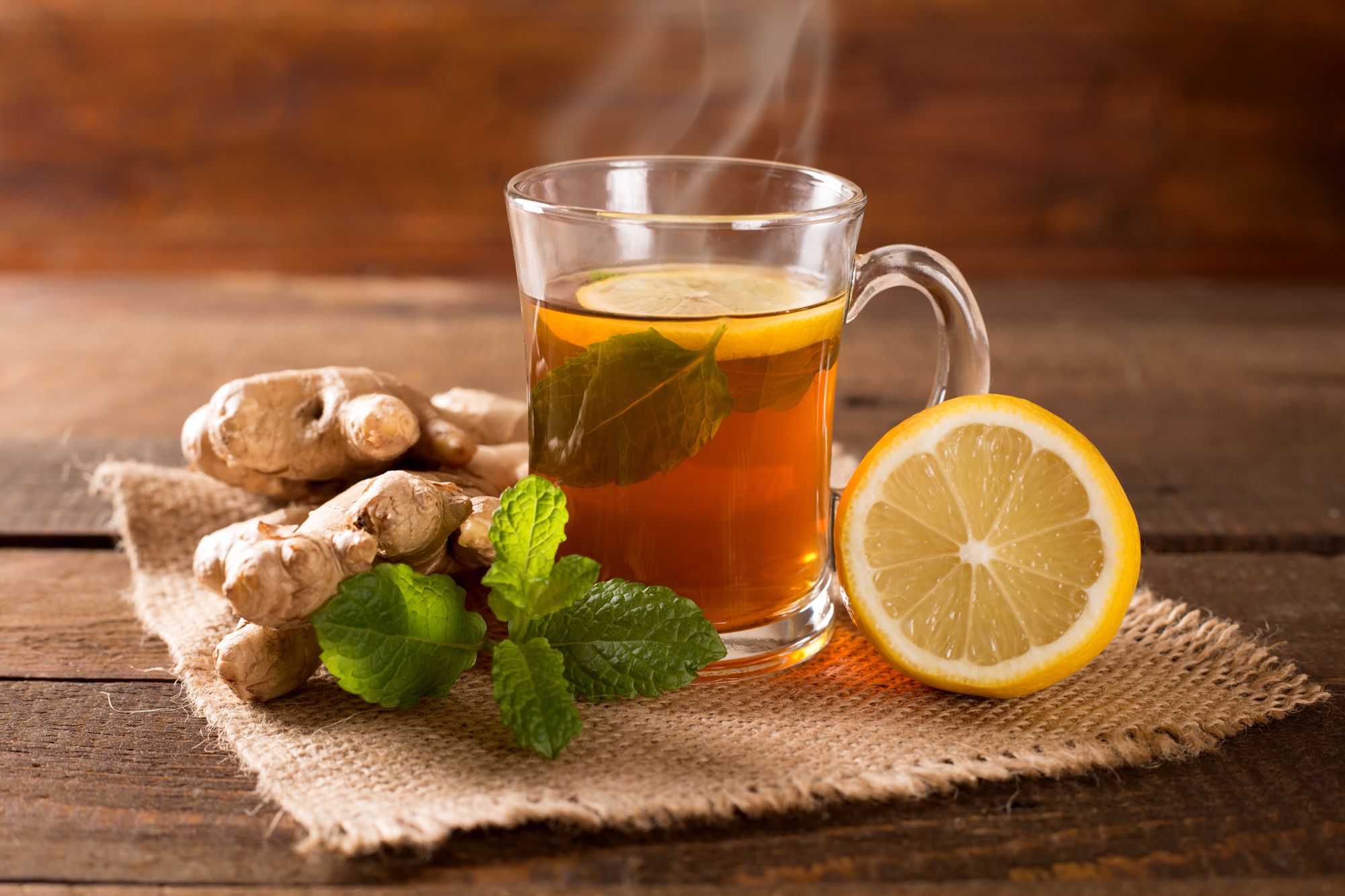To deal with bloating can get stressful—sometimes it can make us feel conscious about what we’re wearing or how something fits. Morever, internally you don’t feel so good either. So, we spoke to Eshanka Wahi, Wellness Advocate and Nutrition Coach to understand what really causes bloating and what one can eat to deal with it or get rid of it. She said,
Bloating occurs when your stomach becomes swollen or enlarged after eating, causing digestive gut problems. Bloating is a very common condition. It is reported that 16–30% of people have it on a regular basis. The reason for this bloating is that we don’t have the enzyme to break down these gas-forming compounds in our gut.
Eshanka states some examples. Lactose (found in dairy products) requires the enzyme lactase to be fully digested. Lactose intolerant people do not produce enough of this enzyme, resulting in gastrointestinal discomfort when they consume lactose-containing foods such as milk, cheese, ice cream, or dairy products.
High fibre meals like celery or cruciferous vegetables travel through our digestive system intact, which is normal and healthy, but in the gut, our bacteria try to break it down, causing it to ferment and generate gas—because our body’s healthy gut bacteria thrive on this sort of fibre.

Common Foods That Cause Bloating
1. Alcohol
Alcohol is an inflammatory substance that causes inflammation of the gastrointestinal lining when consumed. Because beer is a carbonated beverage, it irritates the stomach more. It also includes fermentable carbohydrates like barley and wheat, as well as yeast, which feeds on harmful bacteria in the gut. Many people are sensitive to fermentable carbohydrates, which can cause bloating and gas.
2. Gluten
Wheat contains gluten, a protein that causes bloating, gas, stomach pain, and diarrhoea in some people. Gluten is found in a variety of foods, including bread, pasta, and baked goods.
3. Junk Foods & Processed Food
Junk food is bad for your digestive system because it slows digestion and makes your stomach bloated. The stomach requires enzymes to digest food, which fast food lacks. When food is absorbed by the intestine, it requires fibre and water to excrete, but they lack these nutrients, resulting in poor digestion and irritable bowel syndrome.
4. Sugar & High Fructose Corn Soup
A high-sugar, high-fructose corn syrup diet promotes inflammation, which leads to disease. It also works against omega-3 fatty acids’ anti-inflammatory properties.

How To Get Rid Of Bloating & Inflammation
It is not necessary to avoid all gas-forming foods because they contain important nutrients such as vitamins, minerals, and photochemical that is beneficial for immunity, gut health, and disease prevention. Instead, identify a specific food (or group of foods) that causes your bloating and eliminate those items one at a time to see if that helps. To avoid this bloating, our expert Eshanka shares some home remedies that actually help to get rid of it.
1. Cumin Carom Fennel Tea
Carom, cumin, and fennel seeds have long been used to treat digestive issues such as acidity and constipation. While carom contains active enzymes, cumin water secretes digestive enzymes that aid digestion and improve gut health. Apart from freshening the breath after meals, fennel seeds are known to help with stomach issues. Fennel seeds also relax gastrointestinal tract spasms, which aid in the passage of gas and the relief of bloating. Here’s how you can make your own cumin carom fennel tea at home.
Ingredients:
1 teaspoon cumin seeds
1 teaspoon fennel seeds
1 teaspoon carom seeds
1 litre of water
Method:
Boil all of the spices in one glass of water until the liquid is reduced by half and then proceed to strain it. If desired, add a squeeze of lemon. Take it twice a day, one hour after meals.

2. Ginger Lemon Tea
If you’re suffering from bloating; try this delicious anti-inflammatory lemon ginger tea. This simple lemon and ginger tea is only a two-step recipe that is the perfect addition to your diet because it has so many health benefits and will leave you feeling fresh, de-bloated, and amazing! Here’s how you can make it for yourself:
Ingredients:
1 whole lemon
3 cm ginger knob
Method:
Wash the skin of a whole lemon with vinegar and salt, and then squeeze the lemon along with the skin into a pot of water. Proceed to grate the ginger piece into the pot finely. Now bring this to a boil, and then reduce to low heat and leave to simmer for 30 minutes. You could even season it with black pepper and a cinnamon stick for a spicy kick.
3. Add Cayenne Pepper & Garlic In Your Food
Garlic in your diet can help prevent gas, flatulence, and bloating. Garlic is an excellent home remedy for gas and flatulence, and it is especially beneficial during a bloating detox. It inhibits the growth of undesirable yeasts in the gastrointestinal tract.
Cayenne pepper is widely added to cuisine in its natural or powdered form, and some individuals take it as a cream or capsule to benefit from its detoxifying properties. Cayenne pepper benefits are extensive and powerful; it is used to improve digestion, such as healing upset stomach, decreasing intestinal gas, preventing stomach pain, stopping diarrhoea, and as a natural cramp cure.
4. Turmeric Pepper Tea
Turmeric and black pepper are both potent and flavorful spices in their own right. Both have anti-inflammatory and antioxidant properties that help to alleviate or prevent inflammatory conditions and reduce free radical damage. Furthermore, black pepper aids in the absorption of curcumin. It also stimulates the appetite and improves digestion.
Ingredients:
1 cup water
½ teaspoon ground turmeric powder
1/8 teaspoon crushed black pepper
Method:
Take 1 cup of water in a saucepan, add 1/8 teaspoon crushed or ground black pepper. Then add 1/2 teaspoon turmeric powder. Boil for another minute or two. Remove the pan from the heat and pour the tea into a cup or mug. You can even strain the tea as you pour it. Turmeric tea can be served hot or cold.
Follow @missmalinilifestyle on Instagram for more content like this and download the Girl Tribe by MissMalini App to join our Food community.

